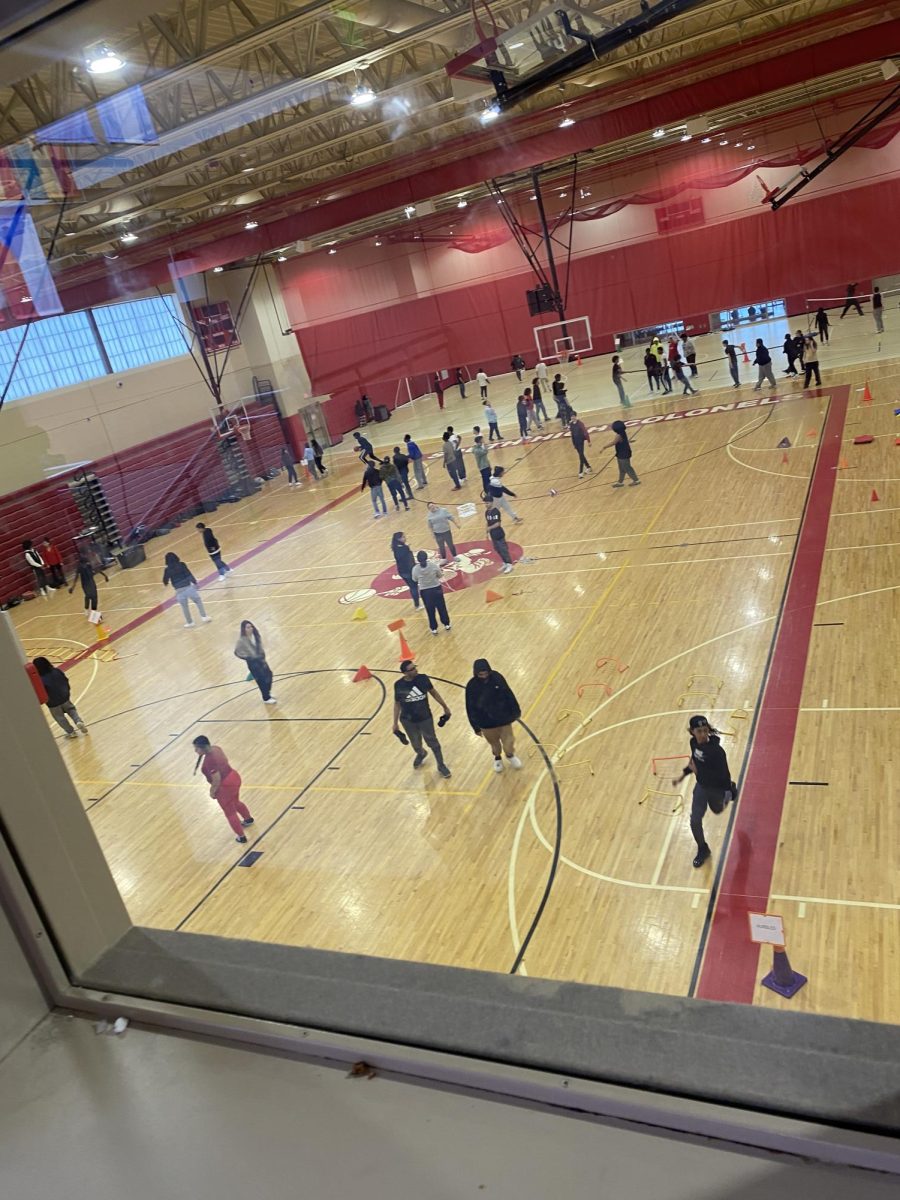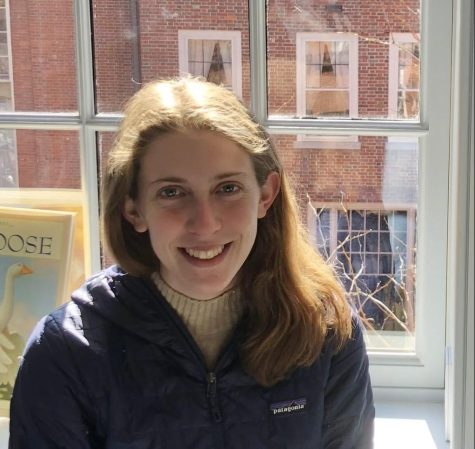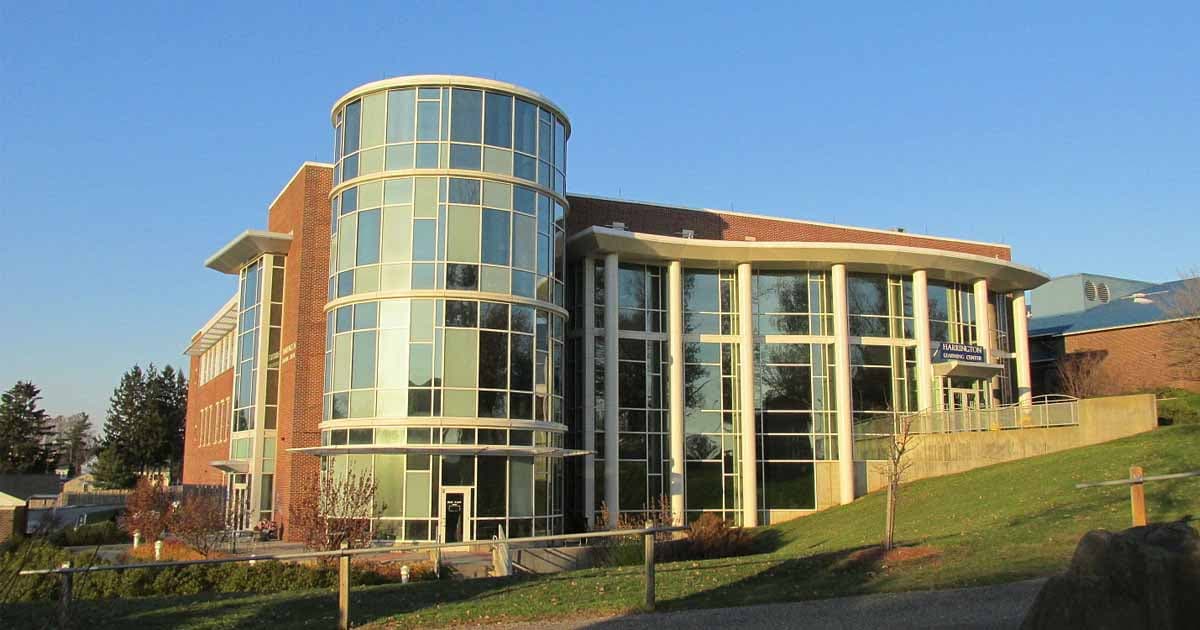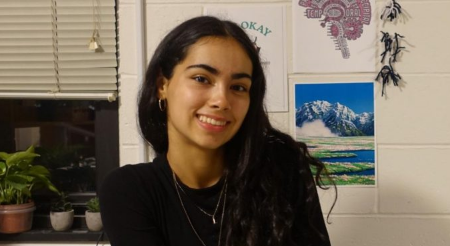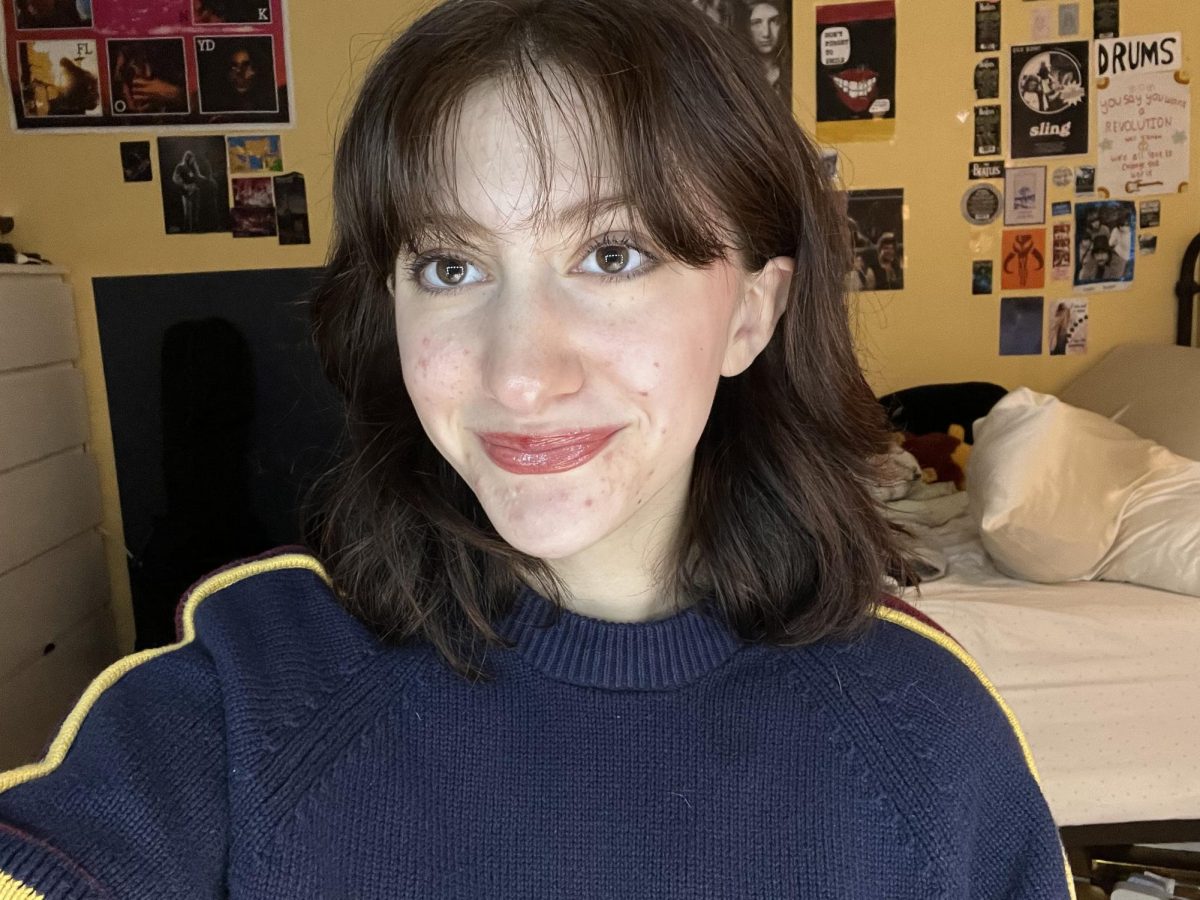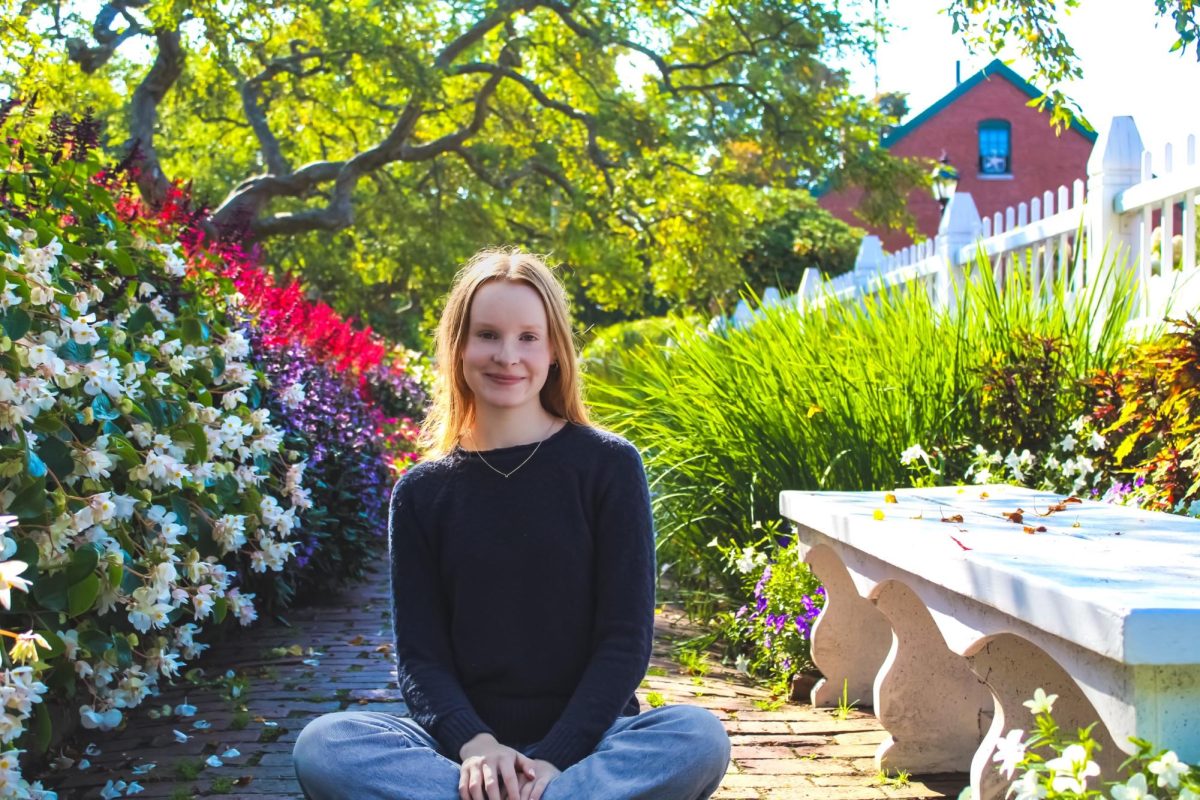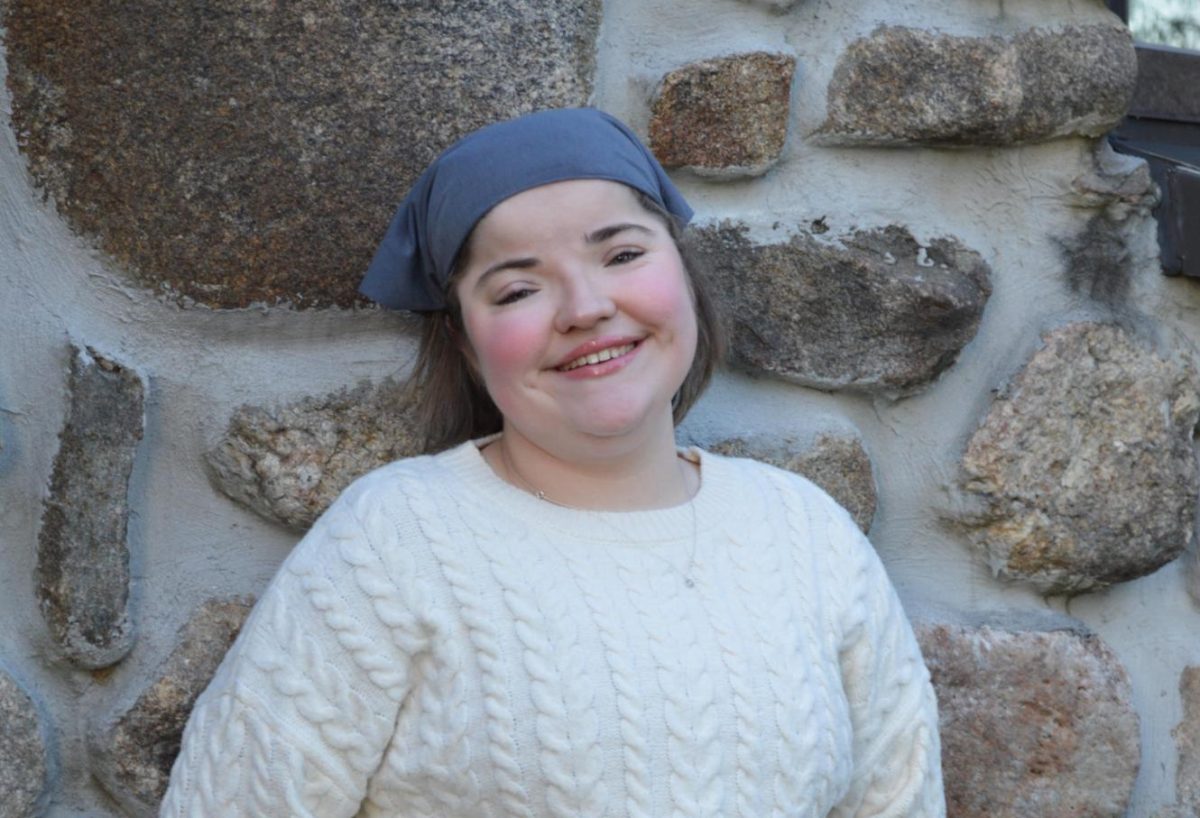Around 3:50 pm, Nashi Vargas, Ana Planchez Hibbert, and ELL teacher Ms. Zglobicki run through the halls of South, laughing. They rush from Ms. Zglobicki’s first floor classroom to the lobby—the late buses are about to leave school without Vargas and Planchez Hibbert (because they were talking to this reporter).
But they have a good attitude about it; they talk and smile with Ms. Zglobicki, who hurries ahead to make sure the buses don’t leave. All is well, and Ms. Zglobicki sees them on to the bus.
It’s all in a day of after-school tutoring.
With grant funding this school year, South’s after-school program has expanded to include hot lunches available after school and late buses that take students home around 4pm. This has helped the influence of the after-school program to grow, as more students get involved and find it meaningful to them, both academically and socially.
The after-school program runs on Tuesdays, Wednesdays, and Thursdays. As soon as school ends, a hot lunch is offered in the cafeteria from 2-2:20, which Ms. Papadopoulos said is available because of the grant that the school received. Typically, around 200 students sign into the program each day and 120 choose to take a lunch, she said.
After lunch, students can work with teachers around the building for help on homework or classwork, or English, Math, or Biology MCAS practice. Some teachers specifically recommend that students attend the after-school program, so they can receive more support on their schoolwork; sometimes, they reach out to parents in order to encourage it.
After receiving academic support, students can take part in a variety of “engagement activities,” said Ms. Papadopoulos, including chess and open gym. This provides students with an incentive to do their schoolwork beforehand, and in some cases, if a student is “on track” and doing well in their classes, they might be able to forgo the academic support on a certain day and just attend open gym for the entire time.
Ms. Papadopoulos is happy to see students forming communities with their peers after-school; normally, there are core groups of students who attend every week. “This gives them an opportunity to put some energy out and be with friends,” she said.
She believes the after-school program is helping students to feel more engaged at school, both academically and socially. After-school students have taken surveys about their engagement, and throughout the year, their level of involvement and inclusion has grown—and she has found that many students’ grades have improved.
Ana Planchez Hibbert ‘24 and Nashli Vargas ‘27 sometimes stay after school for a couple of their classes, including biology—their teacher is Ms. Zglobicki.
Speaking through Ms. Zglobicki as a translator, Vargas and Planchez Hibbert expressed in Spanish that they value being able to take the late bus home after school—Vargas said her mom works everyday, so having transportation is helpful.
Though she doesn’t always go to the open gym, Planchez Hibbert said she also enjoys that. She can see friends and lift weights or walk on the treadmill. The tutoring is very helpful, as well. She and Vargas agreed that staying after school helps them feel more prepared in their classes.
Additionally, Vargas is interested in becoming a nurse, and she knows that learning biology will help her on that career path. When she stays after school, she feels she can learn a bit more.
Mark Asamoah ‘27 also appreciates being able to stay after school “when you need it.” It will “make it much easier for you,” he said, to be able to talk to teachers and work on complicated topics.
Mostly, he stays after school for Algebra I, which he has with Ms. King. He started coming after school because his teachers started encouraging his classes to do so. He might do work until around 3:10, but then, “I sort of rush a little bit,” he said. “I want to get to open gym before the buses are called.”
In the gym, he usually plays basketball, volleyball, or soccer with friends, which he enjoys. Then, he’ll take the bus home. “I normally would take the city bus,” he said, “but now since I’ve got a good bus driver [and] and good bus stop,” it’s a lot more convenient.
Pascal Kasole ‘27, who also has Ms. King, agrees that the late bus is convenient. “The city bus is not always on time,” he said. “I don’t want to be outside.”
Kasole stays after school for a couple of reasons. Sometimes, he wants to do his homework before he gets home, especially if he thinks it’s particularly challenging. He might grab a hot lunch if he thinks it looks good—chicken nuggets, corn dogs.
Generally, though, he is staying after school because he is on the Robotics team. Robotics happens on Tuesday and Thursday afternoons, from 2-4pm or 2-5pm. Kasole joined Robotics because he feels it will prepare him for a future job in mechanical engineering. He likes that he builds “something out of nothing” in Robotics, and he finds the environment collaborative and respectful.
The after-school program impacts the school in many ways, which Ms. Papadopoulos values. Some students even attend the after-school program and then stay for school basketball games. And in addition to partaking in tutoring or open gym, students like Kasole, who are in clubs, can access hot lunches if they want. The after-school program also allows more clubs to run, because there are more adults around to provide supervision.
“It’s a nice thing to be able to see every kid have the same opportunities after school,” Ms. Papadopoulos said.

